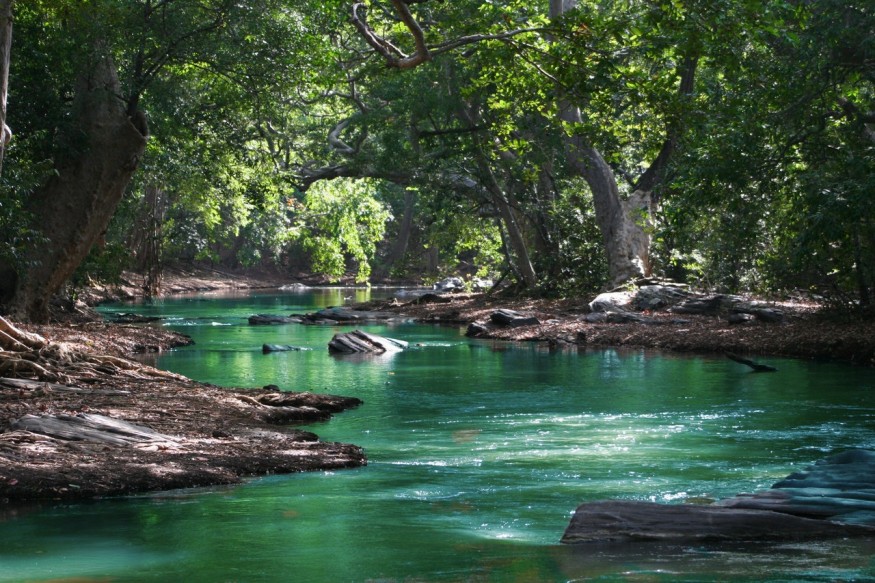Almost all life forms on the planet rely on oxygen to survive; however, due to the unwavering warming of the planet, oxygen depletion is an all too real threat that is hastily disappearing from freshwater lakes. Experts warn that this could spell disaster for marine life and ecosystems.
Global Warming Effects on Marine Life and the Ocean

The ocean is known to absorb abundant quantities of heat because of the increased concentrations of greenhouse gases swirling in the atmosphere, mostly due to fossil fuel consumption. According to the International Union for Conservation of Nature, the ocean absorbed roughly 93% of excess heat due to greenhouse gas emissions since the 70s, effectively causing the increase in oceanic temperatures.
NOAA reports that the global average sea surface temperature rise is roughly 0.13 degrees Celsius over the past 100 years.
Oxygen Depletion Threatens Freshwater Lake Ecosystems
In a study published in the journal Nature, entitled "Widespread deoxygenation of temperate lakes", researchers analyzed samples and measurements from approximately 390 lakes in temperate areas across the globe from 1941 to 2017. Scientists discovered that widespread oxygen depletion is occurring in both surface and deep water ecosystems.
The drastic change in oxygen levels has a significant effect on the biogeochemistry of the water, human health, ecosystems equally relying on freshwater supplies. The sudden drop in oxygen levels in the Earth's freshwater lakes could lead to increase greenhouse gas emissions from the aquatic bacteria dwelling in the lakes that produce methane.
Kevin Rose, an environmentalist and researcher from the Rensselaer Polytechnic Institute, explains that all complex forms of life depend on oxygen. Stating that it supports various aquatic food webs wherein the loss of oxygen could lead to loss of species.
Researchers state that freshwater lakes are losing oxygen at an average of 2.75 to 9.3 times faster than oceans, and the decline is known to have severe impacts throughout various ecosystems.
In roughly 45,000 profiles of dissolved oxygen and water temperatures, scientists found an average drop of roughly 5% in dissolved oxygen on the water's surface over the past four decades. In physics, this translates to gases having a hard time dissolving in the warm water that is increasingly evaporating.
Science Alert reports that an average drop of 18.6% in dissolved oxygen in deep water in the same period had a different explanation. Despite temperatures not changing in the area, the minimal mixing of water layers occurring as the surface stays warm for extended periods is to blame for the drop. The stratification is also observed in many of the world's oceans.
Stephen Jane, a co-author of the study and an aquatic ecologist, says that Earth's lakes are indicators of environmental change and the threats accompanied by environmental decay because of the lake's response signals from its surrounding atmosphere and landscapes.
The study found that there is a disproportion in biodiversity systems, with some changing more rapidly to an extend where current atmospheric changes have already significantly impacted different ecosystems.
RELATED ARTICLE : Inevitable Mass Extinction Event Due to Human Activity is Higher than What Wiped the Dinosaurs
Check out more news and information on Climate Change in Science Times.
© 2026 ScienceTimes.com All rights reserved. Do not reproduce without permission. The window to the world of Science Times.











